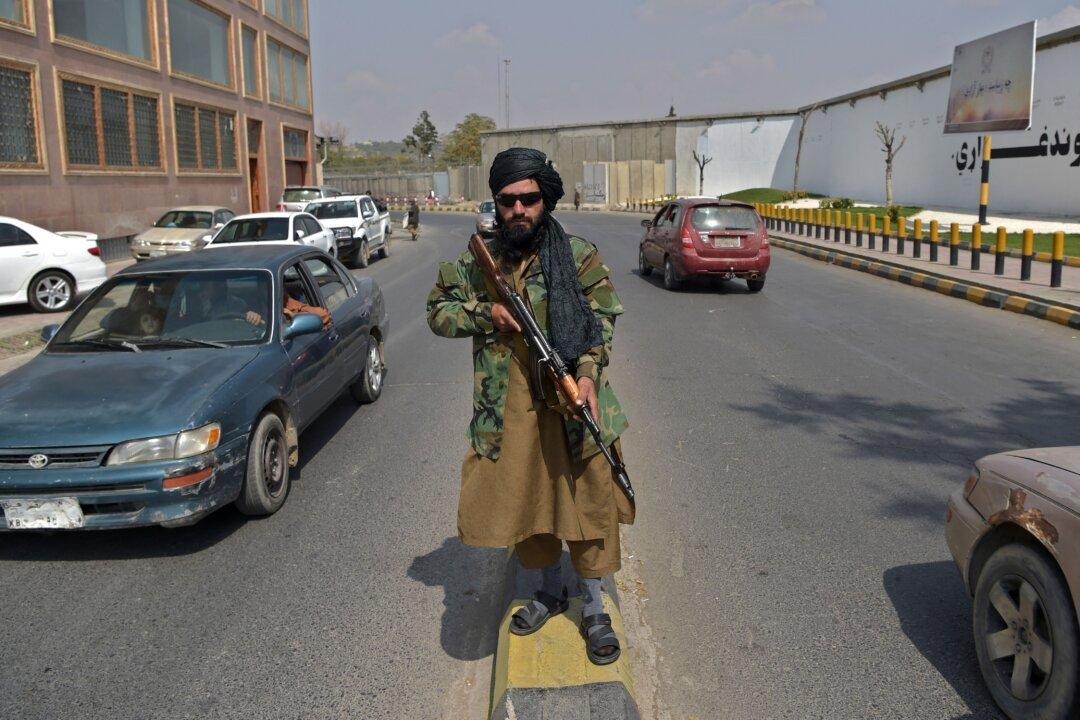Policy factions in Russia are split on whether the nation should commit to trying to match the Chinese Communist Party’s (CCP) economic ambitions in Afghanistan or merely recommit to working in the central Asia security space, according to experts familiar with the matter.
Maxim Suchkov, a senior fellow at the Laboratory for International Trends Analysis at the Moscow State Institute of International Relations, said that there was a divide over whether the risks of state building in the Middle East were worth the potential lucre of tapping into Afghanistan’s $1 trillion worth of rare earth metals.




